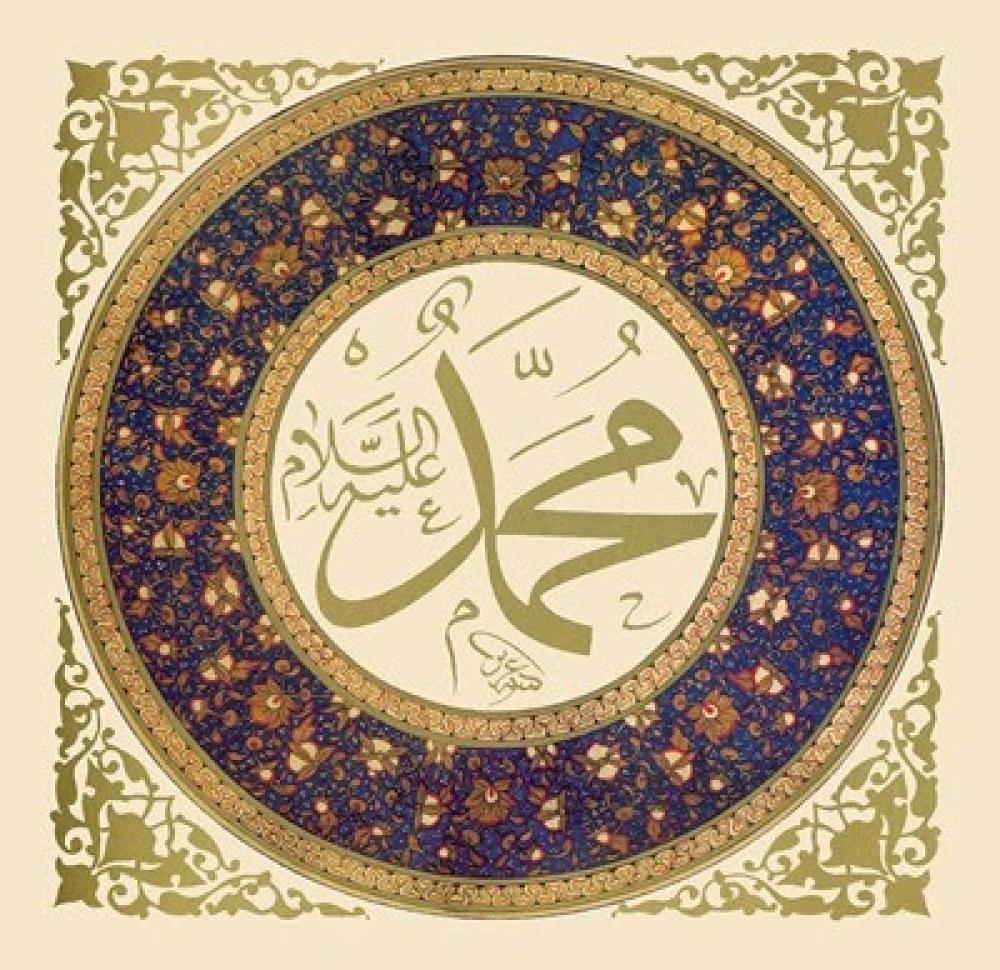In the name of God, the most gracious, the most merciful
I receive several questions every year on the occasion of the Prophet’s birthday, in which educators ask how we can celebrate this occasion with our children in an educational manner.
Allow me to return to the meaning of the word revival in the language: the word means to revive, revitalize, and renew. When we say reviving cultural heritage, we mean to disseminate it, emulate it, imitate its manifestations, and pass it on from generation to generation. Do we have anything in our Islamic heritage that is more deserving of revival than the biography of our chosen Prophet, Muhammad ibn Abdullah?
It would be better if we redirect the rudder of thought to be moderate, so that we search for correct, moderate mechanisms and practices that instill in the child’s mind the necessary knowledge of his Prophet, and that the flowers of love grow in his heart when he hears the biography of the Prophet, may God bless him and grant him peace, and knows how strong and merciful, wise and forbearing, close and beloved he is. Thus, knowledge is renewed among the children of the generation, far from exaggeration, fanaticism and innovation, with what is not right from celebrations and other things, which have absolutely no relation to reviving the biography, but rather are what destroy the correct belief, and children should not live it and link what they see to the usual birthday celebrations among them. Perhaps it occurs to the mind that we love our Messenger throughout the year and there is no need to dedicate Rabi’ al-Awwal to anything. Should we limit our expression of love and concern for the father, mother, child, disabled person or teacher… to the day designated for him only, and should love and concern stop on the other days?
Of course not...the goal of these days is to focus and enhance efforts and activities to highlight the importance, status, appreciation and honor of this person, by allocating a special day of the year for him.
Our concern for the environment is not limited to Environment Day, nor is it the case on Cleanliness Day. We do not follow traffic laws only on Traffic Day, nor do we be patriotic on National Day and then stop. Rather, these are opportunities to increase awareness, spread information and knowledge, and develop correct behavior towards a certain issue or person. We truly love our Prophet and pray for him every day, follow his Sunnah, and ask God to reward him on our behalf with the best reward that any prophet has received for his nation. But does he not deserve, may God’s prayers and peace be upon him, that we stop and study his biography?
Celebrating the birth of the Prophet, peace be upon him, is the most appropriate way to spread his Sunnah and introduce his biography, peace be upon him.
I hope I am not misunderstood, as I am certainly against celebrations and I do not encourage certain rituals that bear the appearance of what was revealed to them by authority. Let us revive the biography and tell our children about our Prophet and the revelation and how it was revealed in Mecca, and from the Cave of Hira. We tell them stories, advise, correct and denounce everything that is outside the path, so that the method is clear and with wise controls that guide to a moderate approach. What is more important is that the stories we teach to children are reflected in their behavior and our behavior, so that they see them as living traditions practiced on the ground.
Let us determine a specific amount of information that we want to convey to the child and choose from the biography what is appropriate for his age. How wonderful it would be to dedicate this month, and not just one day, to introducing and teaching children about the Prophet as a child, then as a young man, then as a man, father and messenger. Let us tell them about the hardships he faced and endured in order to deliver the message to us, how he lived and who cared for him. We might also talk about what he liked and what he disliked.
We provide information about the child's parents, grandfather, uncle, and friends. Then we monitor the child's behavior and praise what is appropriate for the Prophet. We encourage him to consciously adhere to it, and the child learns that he is following the example of his Prophet because he loves him. Thus, it becomes an annual station at which we pause to review our reality with regard to the Prophet's biography.
